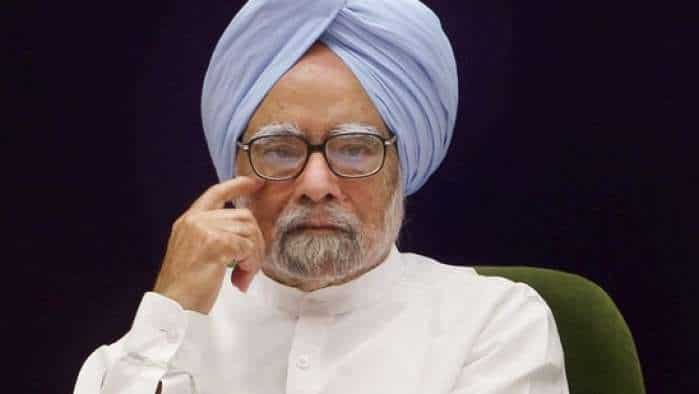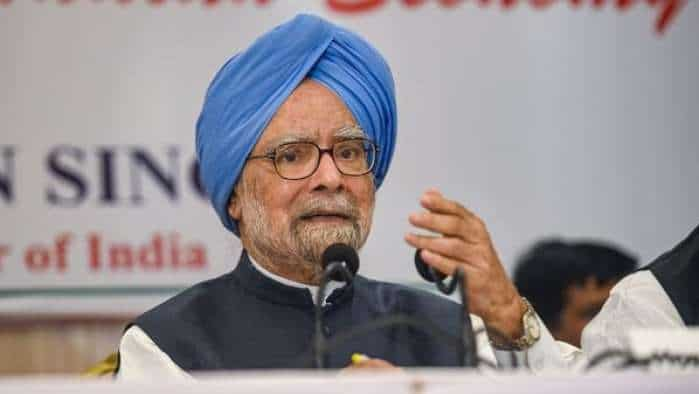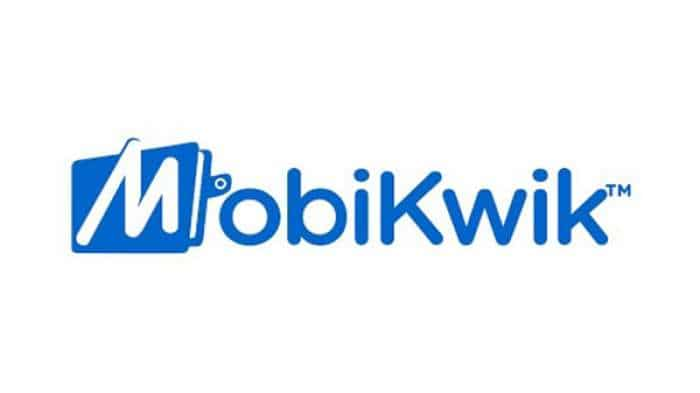Corporate bonds hit record Rs 17.72 lakh crore in 2017

The structural and cyclical factors have helped transactions in corporate debt securities at top stock exchanges BSE and NSE surge by 37 per cent to a record Rs 17.72 lakh crore in 2017, as per official data.
Trading worth about Rs 13 lakh crore in corporate bonds was reported on the two bourses during 2016, going by data compiled by capital market regulator Sebi.
During the year gone by, the National Stock Exchange (NSE) represented the largest share of trading in corporate bonds at 75 per cent. Bonds worth Rs 13.41 lakh crore were traded on the exchange in the period.
The stock exchange had witnessed trades amounting to Rs 10.5 lakh crore in 2016, when it represented over 80 per cent of the corporate bond transactions.
The remainder of the bonds worth over Rs 4.30 lakh crore were traded on the BSE during 2017 -- a whopping increase of 80 per cent from the same period year-ago.
The exchange has increased its market share in the segment to nearly 25 per cent last year compared to 18 per cent in 2016.
Corporate bond trades in the country have seen an upward trend in most of the financial years since 2011 when the trade dipped by 15 per cent.
"We believe there are both cyclical and structural factors driving the significant growth in the bond markets (including the commercial paper market)," Crisil's chief analytical officer Pawan Agrawal told PTI.
The cyclical factors include the significant decline in the interest rates, which makes accessing bond and CP markets more cost effective, compared to banks, he said.
The structural factors include financialisation of savings; implementation of insolvency and bankruptcy law, which can potentially double the bonds to GDP ratio in next 4-5 years; regulatory focus on shifting large corporates to bond market away from banks and issuance of green bond and municipal bond guidelines, Agrawal said.
Besides, growth in bond markets is driven by greater innovation in instruments, vehicles and structures allowing more issuers and investors to access bond markets; constraints in the banking system's ability to provide funding, and large funding requirements to build infrastructure in the country, estimated at Rs 50 lakh crore over next five years.
Corporate bonds or debt securities issues allow companies to raise funds for various business purposes like building a new plant or purchasing equipment.
When an entity buys a bond, one lends money to the firm that issued the security and in exchange the company promises to return the money with interest on a specified maturity date.
Giving an outlook for 2018, ICRA vice president and sector head (financial ratings) Anil Gupta said, "With recapitalisation of public sector banks, the credit growth from the banking system is expected to improve for which we may witness increased competition for domestic savings."
"Accordingly, we expect the bond issuances will remain dependent on the yield movements and liquidity situation in the markets. Softer bond yields and comfortable liquidity situation may act as positive factors for continued growth of the bond markets during CY2018," he said.
Agrawal said further regulatory steps to encourage repo in corporate bonds, reducing dependence on financial sector issuers, setting-up of bond guarantee fund, and developing reliable benchmark yield curve and credit event reporting mechanism can further encourage future growth in the bond markets.
On the other hand, Gupta noted that corporate bond market is largely dominated by institutional investors as more than 95 per cent of the debt issuances are on private placement basis.
"As a result, the retail participation in corporate debt market is limited unlike equity markets. Further, the ticket size of the listed privately placed bonds is also high as compared to retail bonds thereby limiting the retail participation in listed corporate bonds that are privately placed," he said.
An increase in direct retail participation in corporate bond market is likely to provide a significant fillip to the corporate bonds by way of increased demand as well as improvement in trading volumes and hence liquidity, he added.
Get Latest Business News, Stock Market Updates and Videos; Check your tax outgo through Income Tax Calculator and save money through our Personal Finance coverage. Check Business Breaking News Live on Zee Business Twitter and Facebook. Subscribe on YouTube.
RECOMMENDED STORIES
05:57 PM IST










